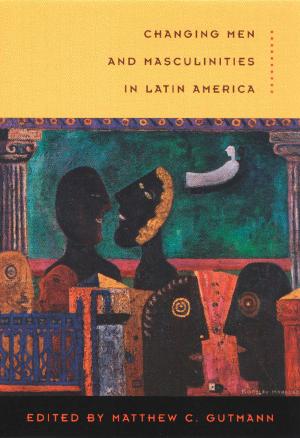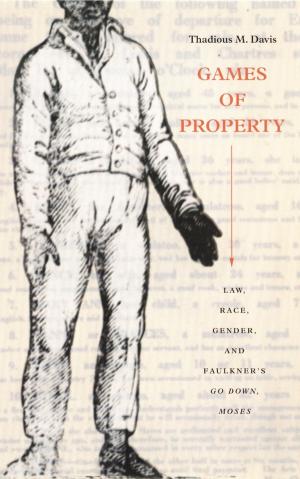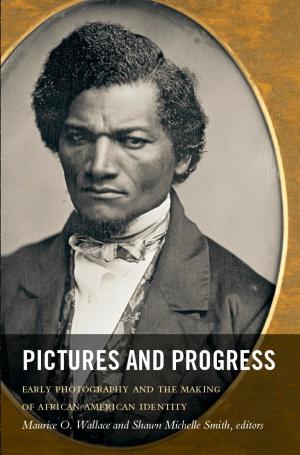Missing
Youth, Citizenship, and Empire after 9/11
Nonfiction, Social & Cultural Studies, Social Science, Cultural Studies, Ethnic Studies, Anthropology| Author: | Sunaina Marr Maira | ISBN: | 9780822392385 |
| Publisher: | Duke University Press | Publication: | May 1, 2009 |
| Imprint: | Duke University Press Books | Language: | English |
| Author: | Sunaina Marr Maira |
| ISBN: | 9780822392385 |
| Publisher: | Duke University Press |
| Publication: | May 1, 2009 |
| Imprint: | Duke University Press Books |
| Language: | English |
In Missing, Sunaina Marr Maira explores how young South Asian Muslim immigrants living in the United States experienced and understood national belonging (or exclusion) at a particular moment in the history of U.S. imperialism: in the years immediately following September 11, 2001. Drawing on ethnographic research in a New England high school, Maira investigates the cultural dimensions of citizenship for South Asian Muslim students and their relationship to the state in the everyday contexts of education, labor, leisure, dissent, betrayal, and loss. The narratives of the mostly working-class youth she focuses on demonstrate how cultural citizenship is produced in school, at home, at work, and in popular culture. Maira examines how young South Asian Muslims made sense of the political and historical forces shaping their lives and developed their own forms of political critique and modes of dissent, which she links both to their experiences following September 11, 2001, and to a longer history of regimes of surveillance and repression in the United States.
Bringing grounded ethnographic analysis to the critique of U.S. empire, Maira teases out the ways that imperial power affects the everyday lives of young immigrants in the United States. She illuminates the paradoxes of national belonging, exclusion, alienation, and political expression facing a generation of Muslim youth coming of age at this particular moment. She also sheds new light on larger questions about civil rights, globalization, and U.S. foreign policy. Maira demonstrates that a particular subjectivity, the “imperial feeling” of the present historical moment, is linked not just to issues of war and terrorism but also to migration and work, popular culture and global media, family and belonging.
In Missing, Sunaina Marr Maira explores how young South Asian Muslim immigrants living in the United States experienced and understood national belonging (or exclusion) at a particular moment in the history of U.S. imperialism: in the years immediately following September 11, 2001. Drawing on ethnographic research in a New England high school, Maira investigates the cultural dimensions of citizenship for South Asian Muslim students and their relationship to the state in the everyday contexts of education, labor, leisure, dissent, betrayal, and loss. The narratives of the mostly working-class youth she focuses on demonstrate how cultural citizenship is produced in school, at home, at work, and in popular culture. Maira examines how young South Asian Muslims made sense of the political and historical forces shaping their lives and developed their own forms of political critique and modes of dissent, which she links both to their experiences following September 11, 2001, and to a longer history of regimes of surveillance and repression in the United States.
Bringing grounded ethnographic analysis to the critique of U.S. empire, Maira teases out the ways that imperial power affects the everyday lives of young immigrants in the United States. She illuminates the paradoxes of national belonging, exclusion, alienation, and political expression facing a generation of Muslim youth coming of age at this particular moment. She also sheds new light on larger questions about civil rights, globalization, and U.S. foreign policy. Maira demonstrates that a particular subjectivity, the “imperial feeling” of the present historical moment, is linked not just to issues of war and terrorism but also to migration and work, popular culture and global media, family and belonging.















